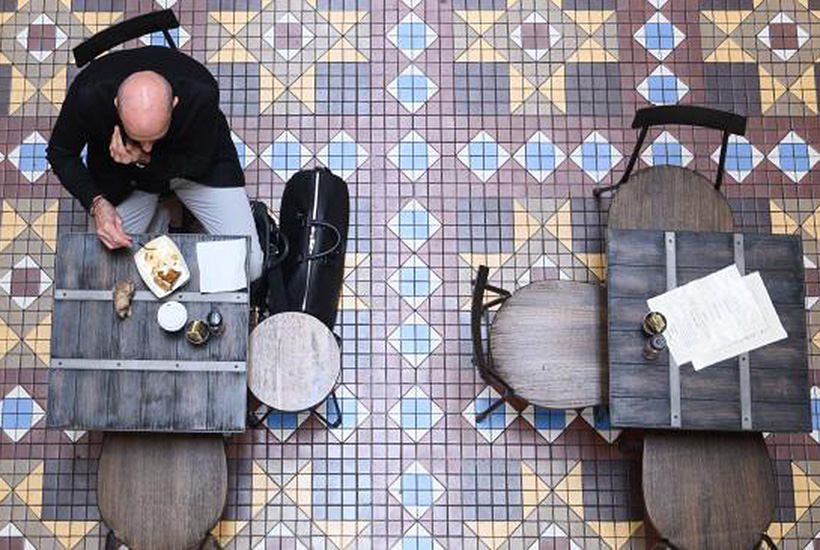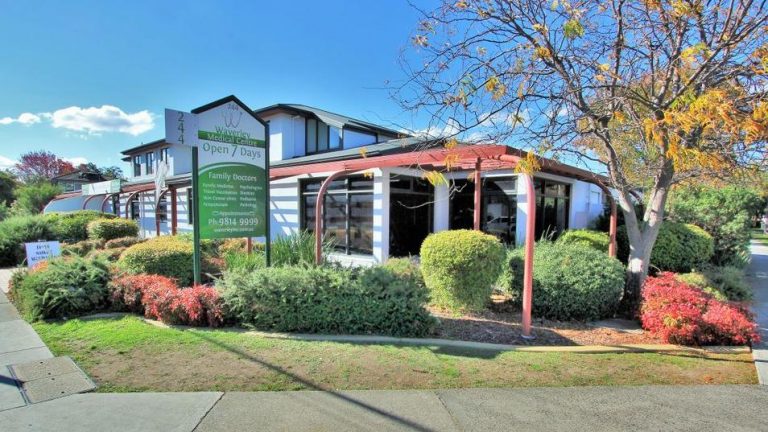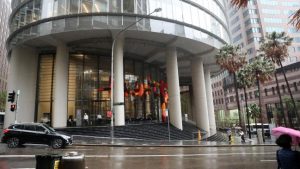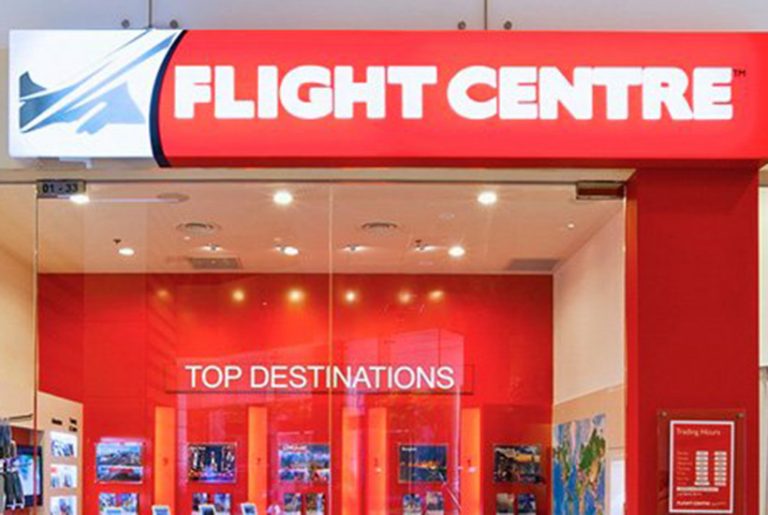Shopping centres change tack in COVID-19 fight

Shopping centre owners are ripping seats out of dining courts as they rapidly refit their malls for an almost overnight shift to food delivery.
Their restaurants are fighting for survival as fearful diners stay away at a time when landlords are also battling to stabilise their businesses, as sharemarket investors abandon much of the once safe property sector.
The plight of malls, which have emptied out of customers except for hardy shoppers chasing necessities, has ripped through the listed sector with the largest owners Vicinity Centres and Scentre Group, owner of Westfield centres, left a shadow of their pre-crisis position.
Investors have sold them off as concerns have fanned out beyond empty cafes and the need for a few months of rental relief to permanently lower foot traffic and sales. The fear has driven a sell-off of the largest property companies exposed to retail, or risk around development and managing funds. The dual crisis in retail property and listed trusts is inflicting lasting damage, with a recovery likely to be blighted by retailer bankruptcies, vacant shops and tenants on life support.
This is the grim scenario being priced into many top property stocks, adding to pressure for rescue equity raisings even as landlords say they can deal with the crisis. The Shopping Centre Council of Australia says it will ensure access to essential supermarkets, pharmacies, grocers, butchers, bakeries and GP clinics and confirmed cafes and restaurants were being converted.
But capital is going to be thin on the ground for major repurposing. The A-REIT sector on Monday again suffered among the heaviest falls with mall owners, developers and funds managers dumped. The property index plunged by 11.2%, the hefty rout partly driven by Vicinity Centres (co-owner of Melbourne landmark Chadstone, alongside billionaire investor John Gandel) down by 14.1%.
Stockland, the country’s largest residential developer, was punished as it dumped guidance, its shares sinking 16.1 per cent. Property funds firm Charter Hall was smashed, down a further 26.2 per cent as two funds pulled guidance and its model comes under pressure.
Scentre was off by a more modest 7.4% but has already sustained hefty falls, and even so-called safe retail property stocks like Aventus and supermarket owner Charter Hall Retail REIT were dumped harder.
The capitulation comes in the face of the sector’s once-vaunted defensive characteristics that have been wiped away as investors sell out of any exposure to discretionary retail trade.
The focus has shifted to the potential for loan covenant breaches by major companies if asset values plunge and their lenders do not grant them waivers, even though very substantial falls would be required.
Macquarie analysts said on Monday that current market conditions were expected to be impacted by COVID-19 for some time, with retail malls under pressure. But they said that the trust’s financial covenants and debt facility maturities can withstand “stressed scenarios”.
“Industrial and office sectors remain the most preferred, with underlying tenant covenants that are relatively more resilient in a COVID-19 impacted economy,” Macquarie said.
This article originally appeared on www.theaustralian.com.au/property.







